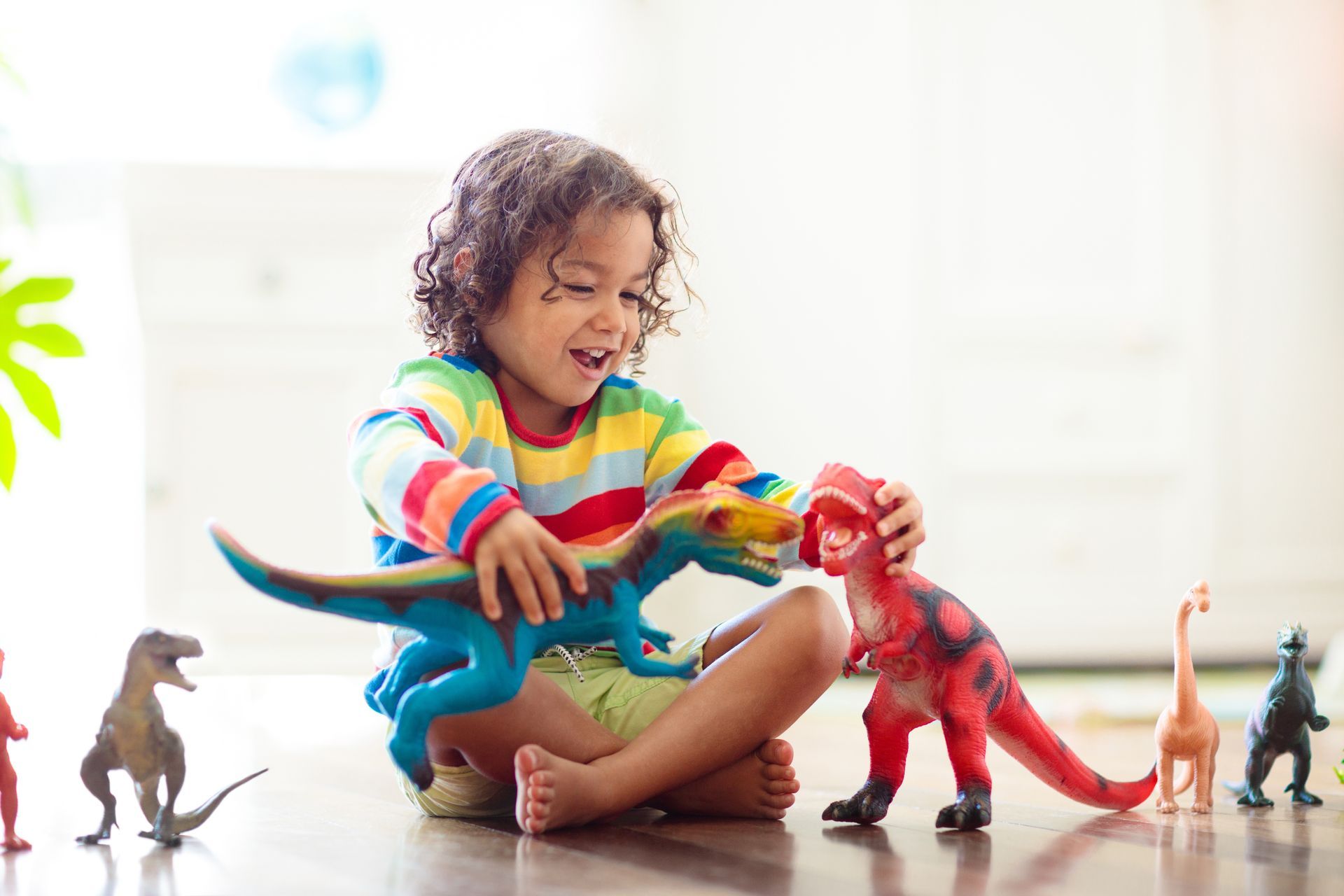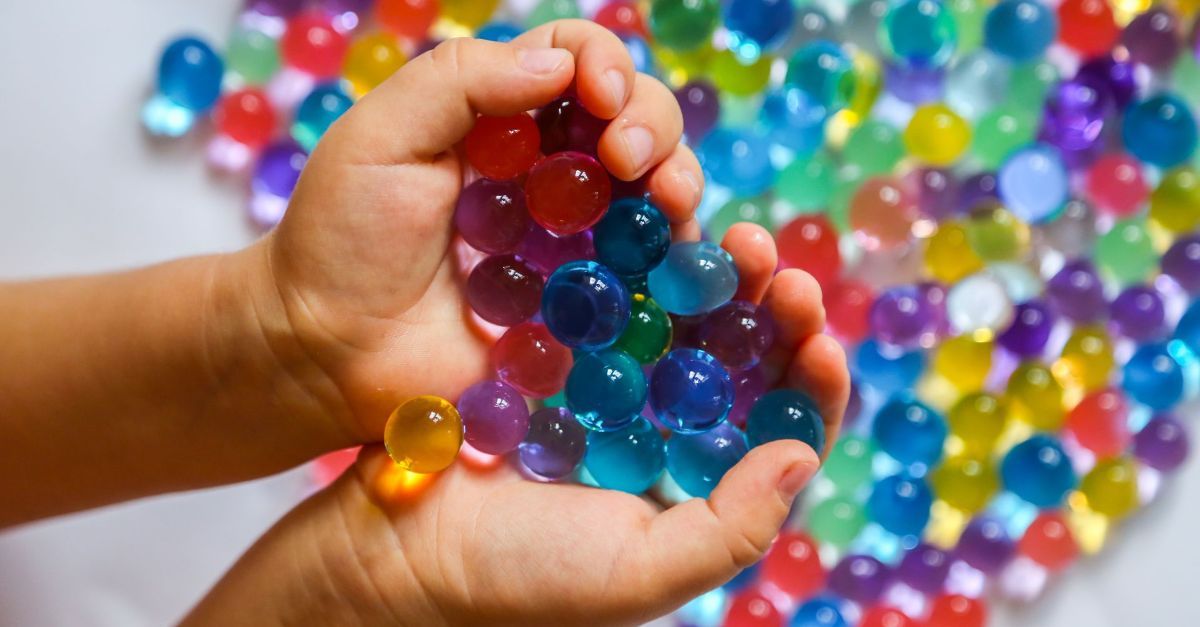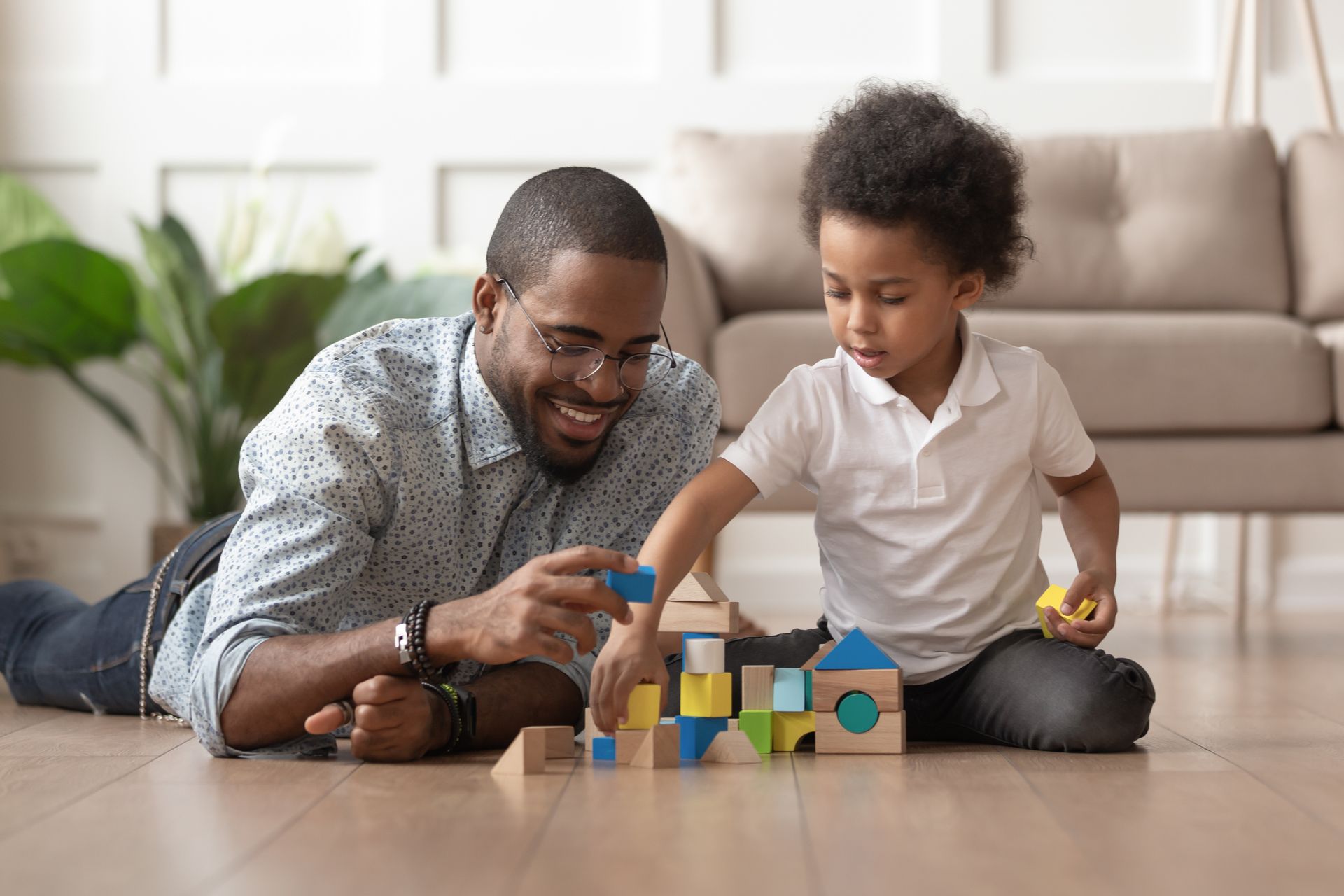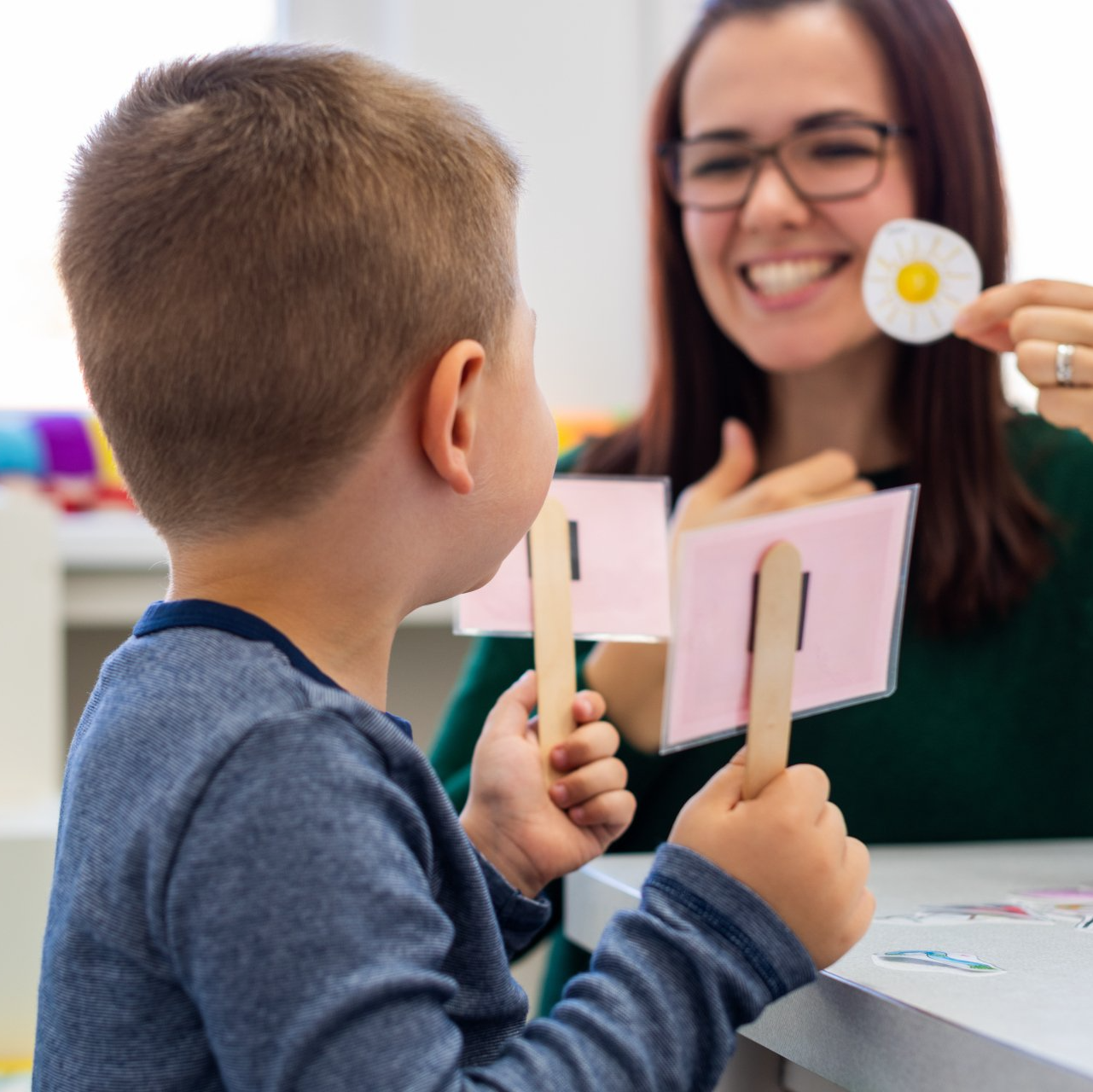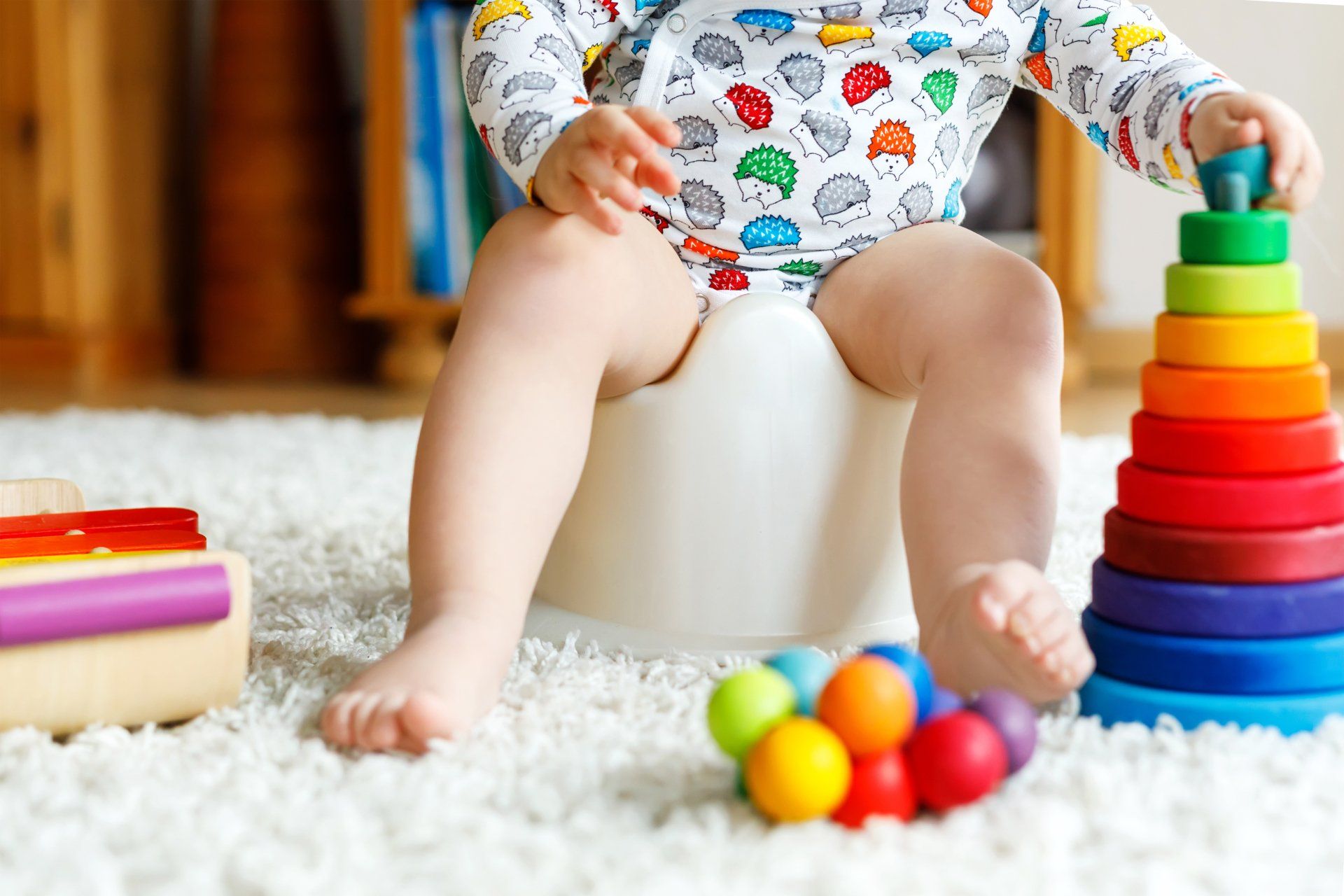Back to Basics: The Importance of Play
When it comes to brain development, time in the classroom may be less important than time on the playground! In order to appreciate the value of play for a child, this research makes interesting reading:
“The experience of play changes the connections of the neurons at the front end of your brain,” says Sergio Pellis, a researcher at the University of Lethbridge in Alberta, Canada. “And without play experience, those neurons aren’t changed,” he says.
It is those changes in the prefrontal cortex during childhood that help wire up the brain’s executive control centre, which has a critical role in regulating emotions, making plans and solving problems, Pellis says. So play, he adds, is what prepares a young brain for life, love and even schoolwork.
“The function of play is to build pro-social brains, social brains that know how to interact with others in positive ways.”
But to produce this sort of brain development, children need to engage in plenty of so-called free play, Pellis says. No coaches, no umpires, no rule books.
Animals and some birds engage in play, not to learn survival skills as was previously believed, but to develop pro-social brains that enable them to interact with others. They and humans share very similar play behaviour, abiding by similar rules requiring participants to take turns, play fair and not inflict pain. This interaction, learned early, is essential to the human ability to socialise with others. It also has the added bonus of leading to better academic results.
If we know these facts, why are we moving towards restricting children’s opportunities to play and focussing more and more on desk/computer based academics? Parents need to appreciate that in allowing their children plenty of opportunities to play, with others and alone, they are laying the foundations for academic success.
This play is not to be electronically focussed. All of our senses are crucial for learning. A two dimensional world of TV and computers is just not activating the sensory systems sufficiently, leading to difficulties with learning later on. Children need active, experiential play so we need to get them out and about, exposing them to sensory-rich opportunities as often as possible. Learning is a whole body experience and is not just for the head!
Young children work hard at play. They invent scenes and stories, solve problems and negotiate their way through social roadblocks. They know what they want to do and they work and plan to do it. We as adults must not be too quick to interfere in this process. There is a tendency to ‘bubble wrap’ children so they have little opportunity to work things out for themselves. This hampers them both socially and academically.
So what should parents do?
From an early age children need access to materials that will stimulate their sensory systems such as water, sand, things that make a noise, books with pictures they can relate to and toys of different textures. The contents of your saucepan and plastics cupboard will give hours of creative play while teaching concepts of matching, size, shape, texture and sound. Things that bounce, roll and change shape when pressed or pulled help develop spatial skills and visual acuity.
Children must be free to move around once they are mobile, obviously with safety in mind, but do not fear the odd mouthful of grass or your child being dirty. Allow them to dig in the garden, pick flowers and when they are older, make mud cakes and grass ‘soup’ for their fantasy games.
In the pre-school phase children need basic toys, not those with roles defined by the media as the latter limit imagination and the opportunities to plan and create. Provide the child with a good set of plain wooden bricks, a few non battery operated cars, a soft doll or two, a teddy, some plastic plates and cups and a big ball. Old blankets or sheets for making houses and tents and some boxes and crates will provide the basics for endless creative and imaginative play. Play dough, some crayons and big sheets of paper (not colouring books) and some paints will amply provide for creativity.
Some play rooms look like toy shops and children become overwhelmed by the choice, tend to mix the toys in a random fashion and are then overwhelmed by the complexity of tidying up. There are commercial organisations that give parents the impression that unless they are buying educational toys on a regular, even monthly, basis, they are not doing the best for their child. More important than a new plastic toy, is facilitating fantasy play.
The Russian psychologist Lev Vygotsky informs us that children rise above their average behaviour through play. Play is the work of children and it is through fantasy play that children make sense of their world. They must pretend and take on roles in order to understand. The more time children spend in dramatic play, the more they advance in terms of intellectual development and their ability to concentrate.
As a parent, curb the extra murals and allow uninterrupted time and space for fantasy play. Props can be simple and minimal as pretending a block is a cell phone and a box is a racing car, your tablecloth is a cloak and teddy is a superhero is symbolic thinking and this will lead to creativity in writing at a later stage. Children also cope with emotions such as anger, fear and jealousy through playing out the scenarios with toys and friends. They become more self-disciplined as they discipline teddy, ‘You can’t have another sweet teddy, they’re bad for your teeth’. They develop resiliency as they play out being left when Mom goes to work or big brother teases them. They imitate teacher and consolidate concepts as they teach them to younger siblings or their toys. Rules and routines imposed by parents are practised through play. The toy is bathed, read to and put to bed over and over again and the routine accepted and internalised, diminishing bedtime battles. Pre-Primary teachers can tell many tales about a child’s home life by observing the children at play!
As children get older the dynamic process of play becomes more varied and complex, reflecting the social and cultural contexts in which children live. They learn new skills and venture from their comfort zones in competition with others. Children master their egos and learn to live with everyday experiences. They formulate plans and rules and learn to negotiate their way through conflict. All these skills are essential to the development of individuals who can master academic challenges and live comfortably in their society and they are learned through PLAY.
So, as a concerned parent, encourage your children to play by allowing them the freedom, time and space to do so and choose a pre-school centre that believes passionately in play based learning.
